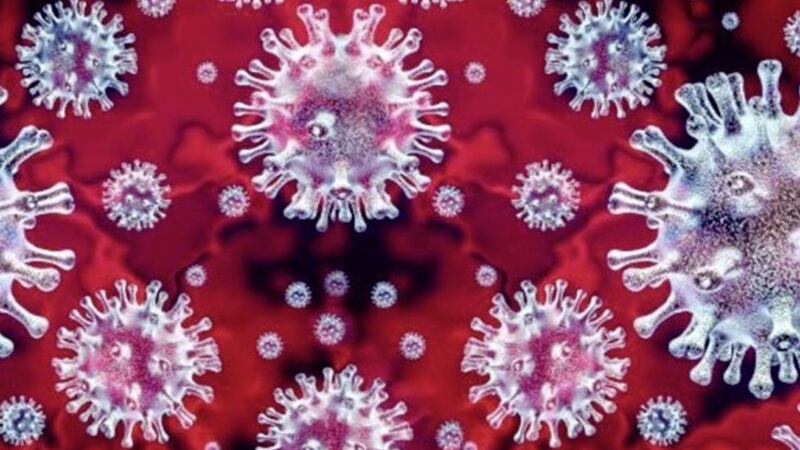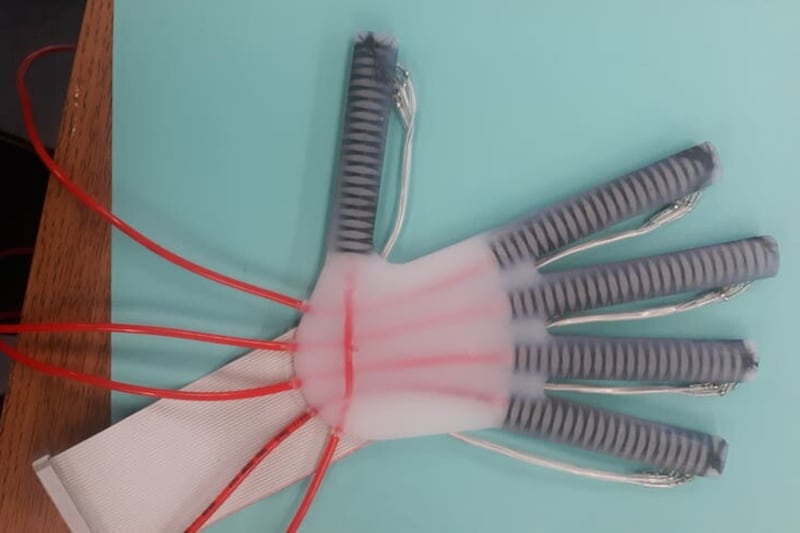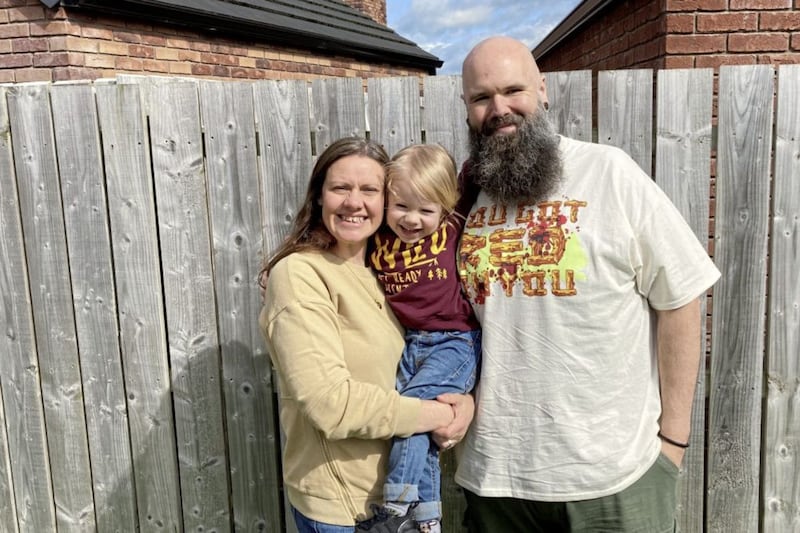THERE are concerns that people who have had a stroke or mini-stroke are not calling 999 because of the coronavirus pandemic.
The Stroke Association said hospitals were beginning to see significant reductions in numbers coming in with stroke symptoms.
And with speed of the essence in dealing with stroke, the organisation fears thousands of people could be at risk of severe disability or even death.
Attendance at emergency departments in England and Scotland has dropped by more than a third on the same period last year.
The Stroke Association said while figures are not available for Northern Ireland, it fears a similar trend.
Dr Deb Lowe, NHS national clinical director for stroke and consultant stroke physician at Wirral University Teaching Hospital, said: “We’re beginning to see some quite striking reductions in the number of people coming into hospital with the symptoms of stroke.
"It appears that people aren’t seeking emergency help or going to hospital when they suspect a stroke, possibly due to fear of the virus or not wanting to be a burden on the NHS."
Barry Macaulay, director of the Stroke Association in Northern Ireland, said the health service is "well equipped to treat both stroke and coronavirus".
He added: “Equally concerning is people who experience mini-stroke and then dismiss it as ‘just a funny-turn’.
"A mini-stroke is a warning that a major stroke is on its way, so you shouldn’t ignore the signs; and you need to seek help."
Symptoms of stroke include a sudden weakness or numbness on one side of the body - making it difficult to smile or raise a person's arms - and difficulty talking, blurred vision, memory loss or a sudden, severe headache.








